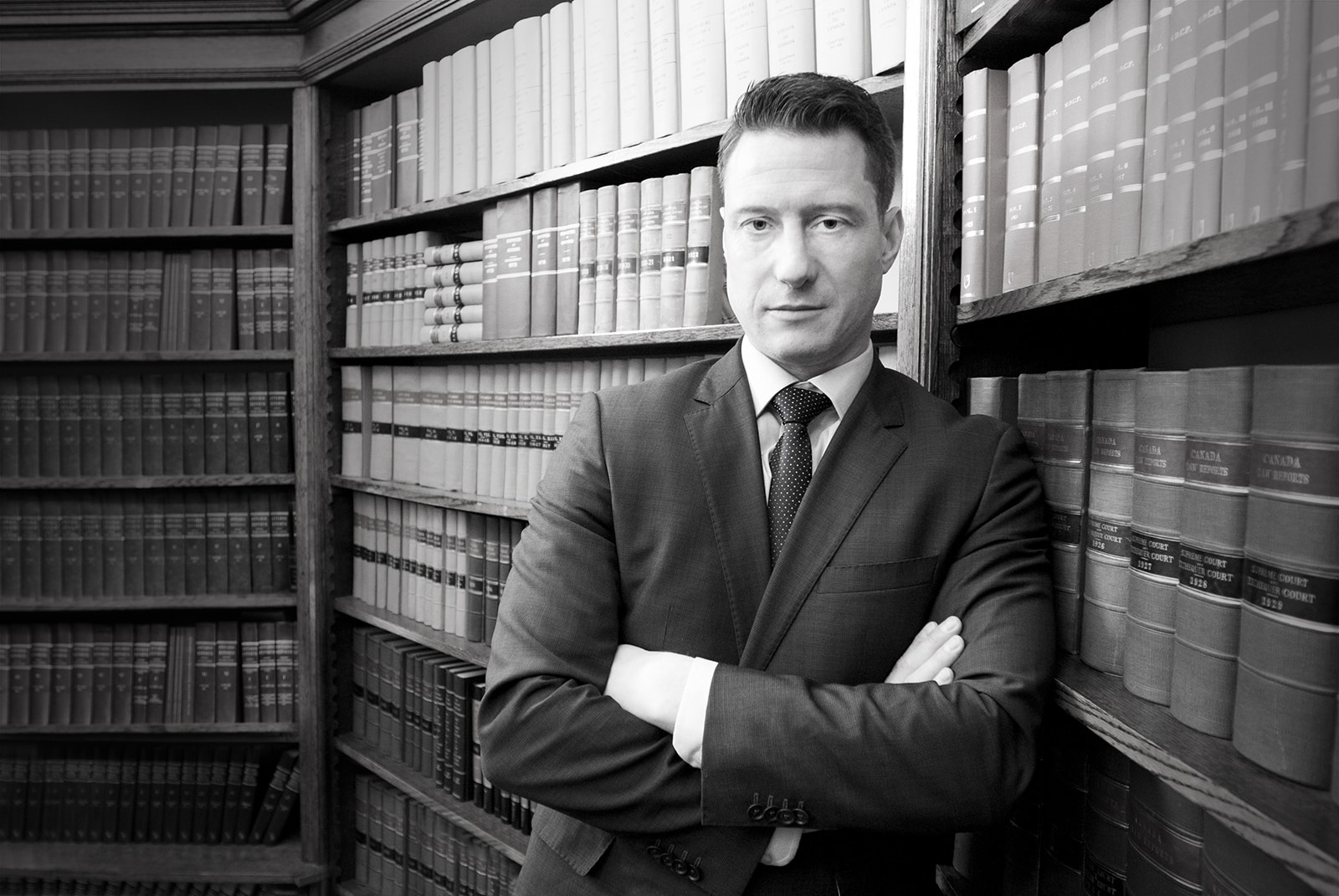You’ve just received a call from the police, asking you to come in and answer a few questions. What should you do? Should you talk with the police? Should you comply with everything that’s requested of you?
It is important that you know what to do if you are ever contacted by the police. Here we will discuss the main points of action to take, as well as your rights in critical circumstances that could arise.
1. Contact a Criminal Lawyer
The first thing you should do if you are contacted by the police to come in for questioning is contact a criminal lawyer. A criminal lawyer can speak with the investigating officer in order to determine basic facts about why the police want to speak to you and how they are planning to proceed. A criminal lawyer may also be able to coordinate the timing and terms of an interview.
2. Determine the purpose of the interview
- Have the police already determined they have reasonable and probable grounds to arrest you?
- Are you a suspect and the police are furthering their investigation?
- Are you a witness to a crime from whom the police wish to gather further information to assist their investigation?
Knowing the purpose of the interview is crucial to determining what to say to police. Often, police start by interviewing a person as a witness but by the end of the interview determine they have reasonable and probable grounds to believe that the person is a suspect or a party to a crime.
You should discuss the circumstances of your situation with a criminal lawyer before going in to speak with police.
 3. Determine whether a warrant has been issued for your arrest
3. Determine whether a warrant has been issued for your arrest
If a warrant has been issued for your arrest, then you are obligated to turn yourself in.
Once you are aware that a warrant has been issued for your arrest, avoiding police or delaying will only exacerbate the situation and this behaviour may be used in evidence to incriminate you. Even if a warrant has not been issued for your arrest, but you are aware that the police wish to lay charge(s) against you, then it is generally in your interest to turn yourself in.
Throughout the arrest process, police have extensive authority to determine how to process your arrest and release. Forcing the police to take the necessary additional steps in order to obtain the warrant often results in a more arduous process for an accused person. For example, being held for bail rather than being released from the station.
4. Determine whether (and if so what) you should discuss with police
Whether you are a suspect or a witness you have the right not to speak with police at the investigatory stage.
If you are a suspect, it is generally not in your best interest to say anything to police. There are exceptions to this and you should discuss the circumstances of your situation with a criminal lawyer in order to determine whether you should speak with police and, if so, what you should tell them.
If police wish to question you as a witness, it may or may not be in your best interest to speak with police. You should discuss your situation with a criminal lawyer before making a decision whether or not to provide evidence.
In any case, if you do speak with police, you must only tell them the truth. Lying to the police is a criminal offence and you may be charged for doing so.
5. What should you do if police wish to take a DNA sample from you?
If you are a suspect, it is generally not in your best interest to voluntarily provide a DNA sample. Unless police have obtained a warrant, you have the right to refuse to provide a DNA sample. If the police have obtained a warrant to take a DNA sample from you (and provided the basic details in the warrant are accurate, e.g. your name and the alleged charges), then you are obligated to provide a DNA sample. If you think that the police improperly obtained the DNA warrant (e.g. based on incorrect information), you are still obligated to comply and your criminal lawyer can bring a motion to have the warrant quashed and the evidence improperly obtained excluded from evidence at trial.
 6. What should you do if police wish to take your phone or ask you to provide your password so they can search your phone?
6. What should you do if police wish to take your phone or ask you to provide your password so they can search your phone?
Generally, when you go in to speak with police, you should leave your phone at home.
If you are a suspect, it is generally not in your best interest to voluntarily provide your phone to police or consent to a search of your phone. You have the right not to consent to a search of your phone and should not sign any documents purporting to grant police your consent to search your phone. Police may obtain a search warrant in order to seize and search your phone, in which case you would be obligated to provide the police with your phone (provided the basic details in the warrant are accurate, e.g. your name and description of the phone). However, in any event, you are not required to provide the password to your phone to police.
If police seize your phone (whether with or without a proper warrant), it may be possible to retrieve your phone from police. You should speak with a criminal lawyer to determine whether and how it could be possible to do so in the circumstances of your case.
7. Determine whether police intend to hold you for bail
Once you have been charged, the officer in charge of the police station at the time of your arrest (usually the Staff Sergeant) has the authority to determine whether to release you from the police station (usually on a Promise to Appear and/or an Undertaking) or to hold you for a bail hearing.
If the Staff Sergeant decides to hold you for a bail hearing, there are a number of administrative matters that will need to be addressed in order to facilitate your release. In many cases, these are uncomplicated, but take time and knowhow to execute. This can be particularly difficult when you’re being held in custody without access to your phone, internet and other information, and the only phone calls you’re allowed to make are to a lawyer. For this reason, you should make as many arrangements as possible prior to going in to speak with police so that you are ready to undertake a bail hearing as soon as possible. Failure to do so may result in you being held in custody unnecessarily for additional days or weeks at a local correctional facility (jail). Some advance preparations include:
- finding a suitable third party that is willing and able to act as surety upon your release
- assembling evidence that may be relevant at the bail hearing stage
- retaining a criminal lawyer who is willing and available to conduct your bail hearing.
8. Remember you are on camera
Virtually every area of the police station that you attend is viewed under surveillance. This includes the booking counter, the cells, the hallways and the interview room. Any interview conducted by police will be video and audio recorded. Accordingly, you should be very careful to conduct yourself in a manner that is courteous, respectful, and non-confrontational while in custody.
You should be mindful of what you say to each person (not only police officers) while you are in custody, including any other persons held in your cell while in custody.
If you believe that police are mistreating you while you are in their custody, don’t retaliate. Rather, make a mental note of the mistreatment and where you are in the police station at the relevant times and your criminal lawyer will obtain and review all of the relevant surveillance footage to determine whether police have violated any of your rights under the Canadian Charter of Rights and Freedoms or their policies. Your criminal lawyer may be able to use this information as part of your defence.
If you get a call from the police, call Hogan Law Criminal Law Firm for help
If you or anyone you know has received a call from Peel Regional Police, Toronto Police Service, Halton Regional Police Service, Durham Regional Police, or York Regional Police, don’t delay. Call Hogan Law immediately to receive timely, practical advice on what to do and not to do.
Share this Page
About Mark Hogan – Criminal Lawyer in Mississauga, Ontario

Mark Hogan defends criminal charges such as Assaults, Domestic Assault, Assault with a Weapon, Aggravated Assault, Sexual Assault, Uttering Threats, Forcible Confinement, Criminal Harassment, Bail Hearings, Drug Production, Drug Possession, Drug Trafficking, Fraud, Impaired Driving, Over 80, Refuse to Provide a Breath Sample, Theft, Robbery, and Breaking and Entering in Southern Ontario including Toronto GTA, Mississauga, Hamilton, Burlington, Milton, Brampton, Newmarket, Ajax, Pickering and Oshawa.
If you have been charged with a criminal offence, call Mark Hogan Criminal Defence Lawyer today for a FREE CONSULTATION! Call (416) 200-7005 (24/7).

